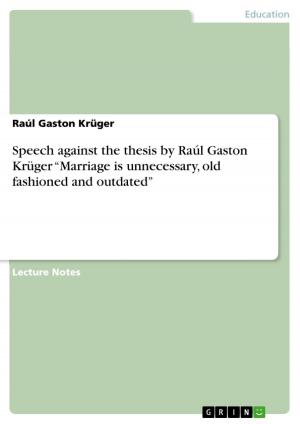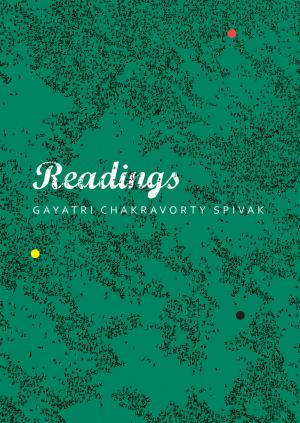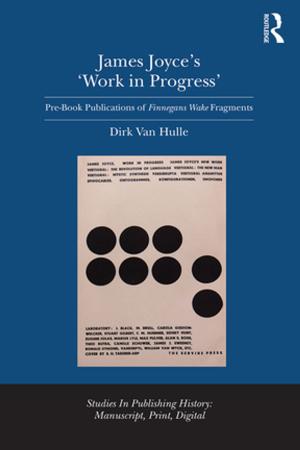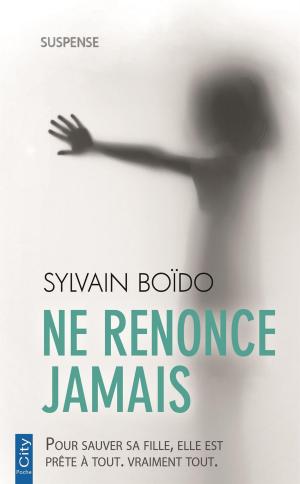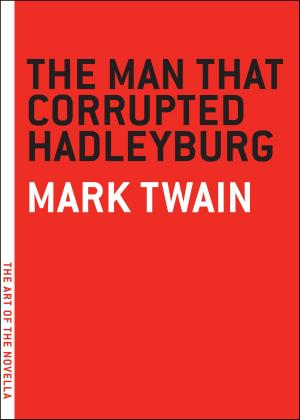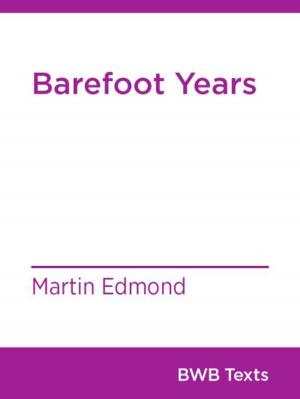| Author: | Peter Sichrovsky | ISBN: | 9780983254096 |
| Publisher: | DoppelHouse Press | Publication: | January 29, 2016 |
| Imprint: | DoppelHouse Press | Language: | English |
| Author: | Peter Sichrovsky |
| ISBN: | 9780983254096 |
| Publisher: | DoppelHouse Press |
| Publication: | January 29, 2016 |
| Imprint: | DoppelHouse Press |
| Language: | English |
‘Verklempt’, Yiddish slang, means ‘choked with emotion.’ In his latest collection of stories, internationally best-selling author Peter Sichrovsky aggressively dismantles post-Holocaust Jewish identity. These are love stories where love is a bitter pill, a joke, a missed chance at happiness, a secret, a ghost, or a longing to be with a person one cannot even remember. Sichrovsky writes without embellishment, spare outlines of characters that feel familiar, and infuses them with dark humor and tragedy. With characteristic inquisitiveness and provocation, Sichrovsky delivers a delightful collection that entertains and inspires us to tears, laughter, revelations. Darkly humorous, absurd, sometimes tragic and erotic.
Stories, among others:
In “Prague,” an adolescent Jewish boy struggles when his Communist parents renounce their affiliations upon Soviet invasion of Czechoslovakia — just as he is about to land a date at the local Communist club.
“The Love Schnorrer” follows a hapless, depressed man leaving his wife and children to secretly emigrate with a Jewish partner, but he is deceived by this new woman, who he most thought he could trust.
In “The Sirens” a young couple in Israel — he a native Brooklynite and she an Israeli-born doctor—struggle to keep their marriage and family together under Saddam Hussein’s latest rocket attack.
“Berlin,” “Holiday,” and “Pig’s Blood” have an autobiographical aspect. Interviews, interrogations, and captive audiences all reveal aspects of the author’s curious career and iconoclastic personality.
In “Clearance Sale” a Jewish man married to the wrong woman for years — she’s German, with Nazi-sympathizing parents — consummates a brief affair with his Jewish secretary on a teddy bear, but only by passing backward through his life to a point of self-annihilation.
“The Aunt” is a raunchy romp through an old people’s home, where the protagonist’s Aunt Martha is forced to share a room with an old Nazi.
“Coffin Birth” finds the wealthy businessman and Holocaust survivor Herr Bernstein only able to reconcile his seventieth birthday with the conception that he will have an heir — by any means necessary — when he learns his daughter is a lesbian.
Somewhere in every story there is a real person. These stories are based on facts. But they are not documentations. They reflect hopes, fears and indifference. Every story is true, as true as a story can be.
—Author’s Preface to the English Edition
‘Verklempt’, Yiddish slang, means ‘choked with emotion.’ In his latest collection of stories, internationally best-selling author Peter Sichrovsky aggressively dismantles post-Holocaust Jewish identity. These are love stories where love is a bitter pill, a joke, a missed chance at happiness, a secret, a ghost, or a longing to be with a person one cannot even remember. Sichrovsky writes without embellishment, spare outlines of characters that feel familiar, and infuses them with dark humor and tragedy. With characteristic inquisitiveness and provocation, Sichrovsky delivers a delightful collection that entertains and inspires us to tears, laughter, revelations. Darkly humorous, absurd, sometimes tragic and erotic.
Stories, among others:
In “Prague,” an adolescent Jewish boy struggles when his Communist parents renounce their affiliations upon Soviet invasion of Czechoslovakia — just as he is about to land a date at the local Communist club.
“The Love Schnorrer” follows a hapless, depressed man leaving his wife and children to secretly emigrate with a Jewish partner, but he is deceived by this new woman, who he most thought he could trust.
In “The Sirens” a young couple in Israel — he a native Brooklynite and she an Israeli-born doctor—struggle to keep their marriage and family together under Saddam Hussein’s latest rocket attack.
“Berlin,” “Holiday,” and “Pig’s Blood” have an autobiographical aspect. Interviews, interrogations, and captive audiences all reveal aspects of the author’s curious career and iconoclastic personality.
In “Clearance Sale” a Jewish man married to the wrong woman for years — she’s German, with Nazi-sympathizing parents — consummates a brief affair with his Jewish secretary on a teddy bear, but only by passing backward through his life to a point of self-annihilation.
“The Aunt” is a raunchy romp through an old people’s home, where the protagonist’s Aunt Martha is forced to share a room with an old Nazi.
“Coffin Birth” finds the wealthy businessman and Holocaust survivor Herr Bernstein only able to reconcile his seventieth birthday with the conception that he will have an heir — by any means necessary — when he learns his daughter is a lesbian.
Somewhere in every story there is a real person. These stories are based on facts. But they are not documentations. They reflect hopes, fears and indifference. Every story is true, as true as a story can be.
—Author’s Preface to the English Edition


